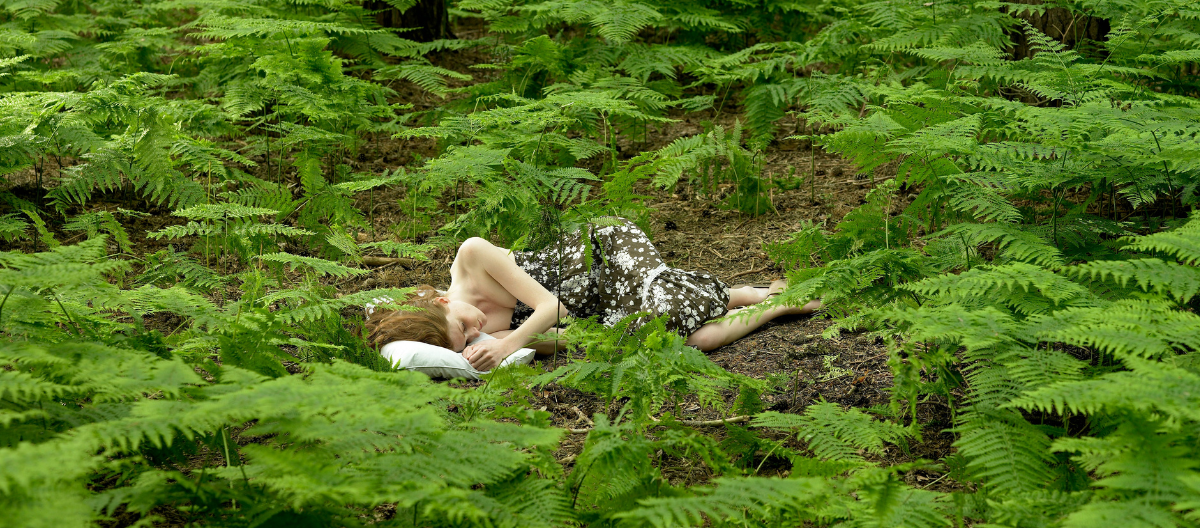Nature therapy, also known as ecotherapy or nature-based therapy, is a holistic approach that leverages the healing power of nature to enhance mental and physical well-being. This practice involves immersing oneself in natural environments to promote overall health, reduce stress, and improve quality of life. Here’s how nature therapy can positively impact both mental and physical health:
Mental Health Benefits
Stress Reduction
Spending time in nature has been shown to lower cortisol levels, the hormone associated with stress. Natural settings provide a calming environment that helps reduce the physiological and psychological impacts of stress. Activities like walking in the park, hiking, or simply sitting by a lake can promote relaxation and help manage anxiety.
Improved Mood
Exposure to nature can significantly boost mood and emotional well-being. Studies have found that spending time in natural settings can enhance feelings of happiness and reduce symptoms of depression. The soothing effects of natural environments can lead to a more positive outlook and increased emotional resilience.
Enhanced Cognitive Function
Nature therapy can improve cognitive function by enhancing concentration and mental clarity. The concept of “restorative attention” suggests that natural environments help replenish cognitive resources depleted by stress and fatigue. Activities such as forest bathing or nature walks can improve attention span, creativity, and problem-solving skills.
Increased Mindfulness and Presence
Immersing oneself in nature encourages mindfulness and present-moment awareness. Nature therapy often involves mindful practices such as observing natural surroundings, listening to natural sounds, and engaging in sensory experiences. This mindfulness helps individuals connect with their surroundings and reduces ruminative thinking.
Boosted Self-Esteem and Self-Image
Engaging in nature-based activities can improve self-esteem and self-image. Successfully navigating natural environments, whether through hiking or gardening, can instill a sense of accomplishment and boost confidence. The beauty and tranquility of nature often lead to a greater appreciation of oneself and the world around.
Physical Health Benefits
Enhanced Immune Function
Regular exposure to natural environments can strengthen the immune system. Research indicates that spending time in nature increases the production of natural killer cells, which play a crucial role in immune defense. The phytoncides released by trees and plants also contribute to improved immune function.
Improved Cardiovascular Health
Nature therapy has been associated with better cardiovascular health. Activities like walking or jogging in nature can lower blood pressure, reduce heart rate, and improve overall cardiovascular fitness. The calming effects of natural environments also contribute to heart health by reducing stress and promoting relaxation.
Better Sleep Quality
Exposure to natural light and outdoor activities can regulate circadian rhythms and improve sleep quality. Spending time in nature helps reset the body’s internal clock, leading to better sleep patterns and reduced insomnia. Natural environments also promote relaxation, which is beneficial for restful sleep.
Increased Physical Activity
Nature therapy often involves physical activities such as hiking, gardening, or swimming in natural bodies of water. These activities contribute to overall physical fitness and well-being. Regular physical activity helps maintain a healthy weight, improves muscle strength, and enhances cardiovascular health.
Pain Management and Healing
Nature therapy can aid in pain management and accelerate healing. Natural environments provide a distraction from pain and discomfort, promoting relaxation and reducing perceived pain levels. The healing effects of nature also support recovery from injuries and illnesses by enhancing mental and emotional well-being.
How to Incorporate Nature Therapy into Your Routine
Take Regular Nature Walks
Set aside time each week to explore natural settings, such as parks, trails, or beaches. Walking in nature allows you to experience the calming effects of the environment and provides an opportunity for physical activity.
Practice Forest Bathing
Engage in “forest bathing” or shinrin-yoku by immersing yourself in a forest environment. Focus on the sensory experience of the forest, including the sights, sounds, and smells. This practice promotes relaxation and mental clarity.
Start a Garden
Gardening connects you with nature and provides physical and mental health benefits. Tending to plants and cultivating a garden can reduce stress, improve mood, and offer a sense of accomplishment.
Incorporate Outdoor Activities
Participate in outdoor activities such as hiking, biking, or kayaking. These activities not only provide physical exercise but also allow you to enjoy the therapeutic effects of nature.
Create a Nature-Inspired Space
Designate a space in your home or workplace with natural elements, such as indoor plants or natural materials. Creating a nature-inspired environment can bring some of the benefits of nature therapy into your daily life.


